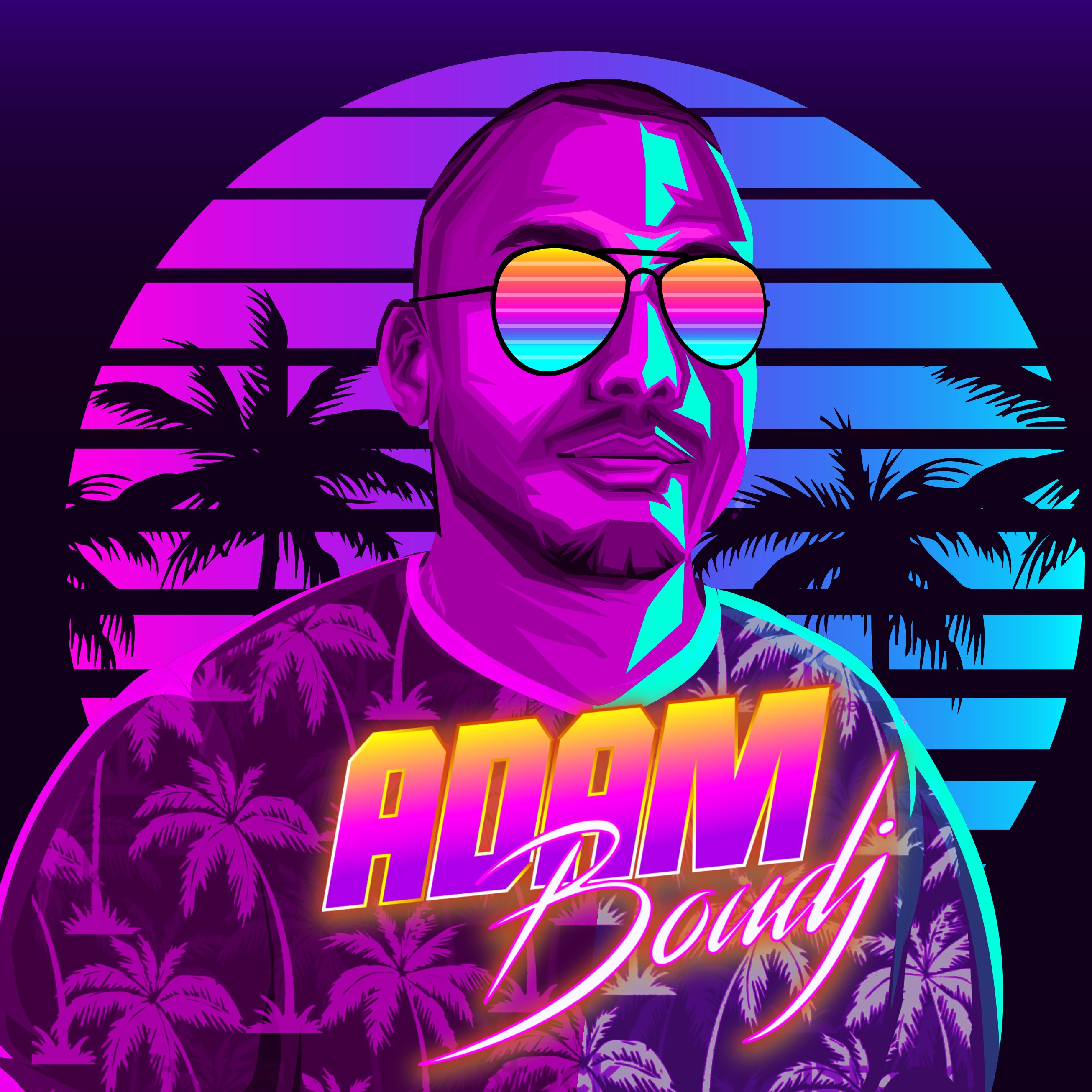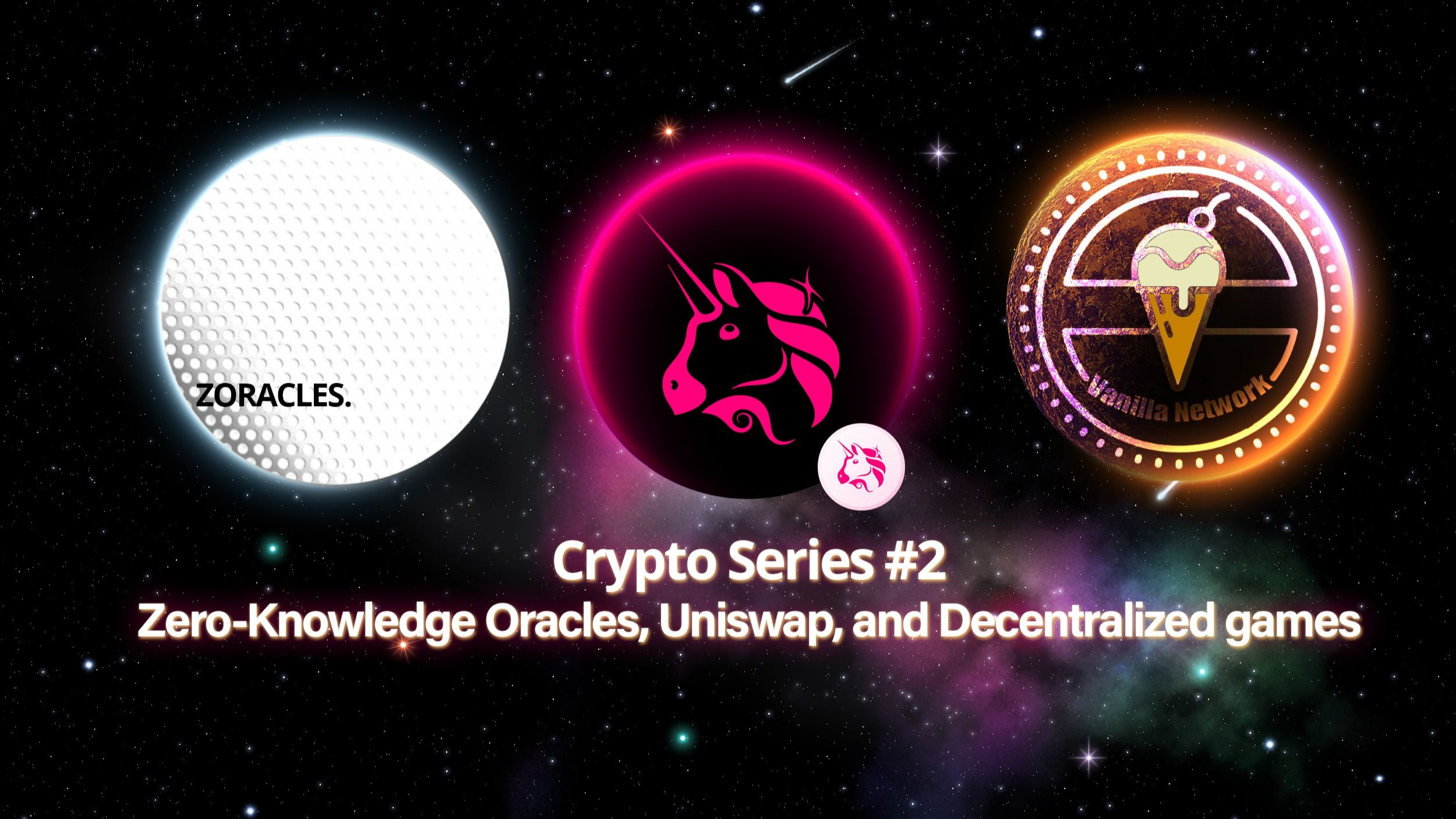892 reads
Crypto Series #2 — Zero-Knowledge Oracles, Uniswap, and Decentralized Games
by
November 7th, 2020

Blockchain Tech Lead at Biconomy 🍊, DeFi innovator, ERC-standards contributor (ERC3643 & ERC6960).
About Author
Blockchain Tech Lead at Biconomy 🍊, DeFi innovator, ERC-standards contributor (ERC3643 & ERC6960).
